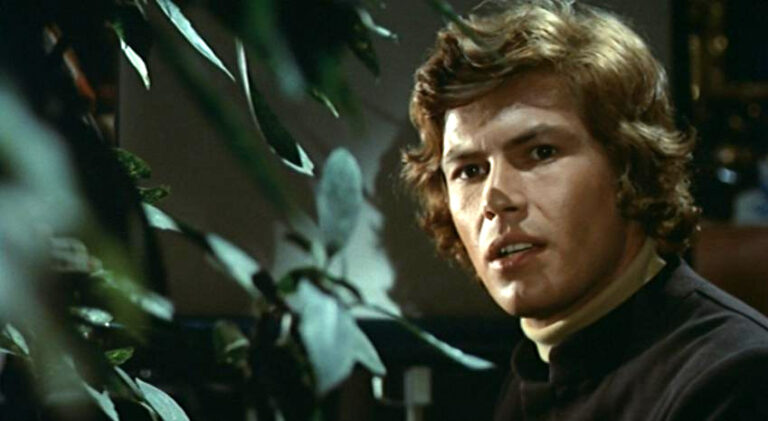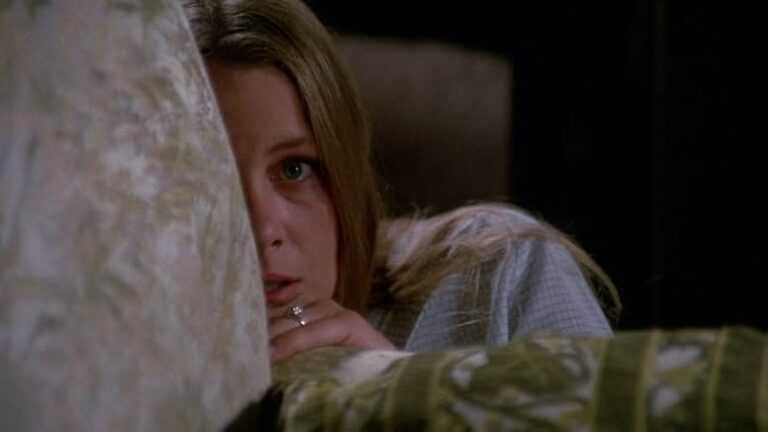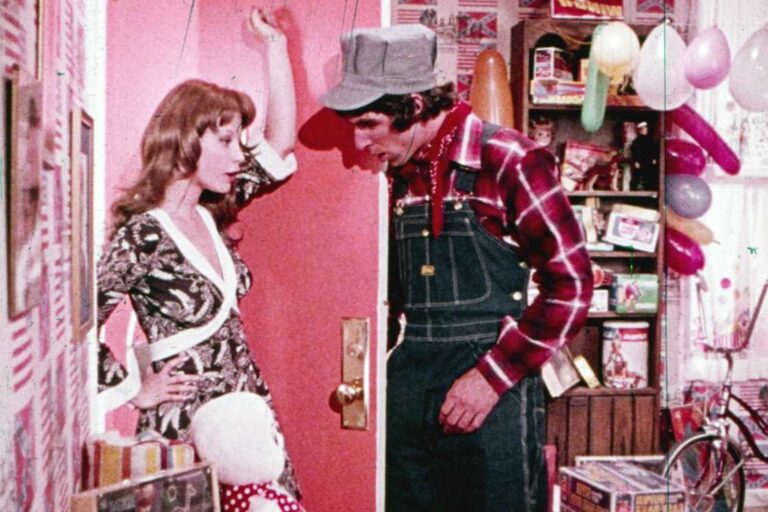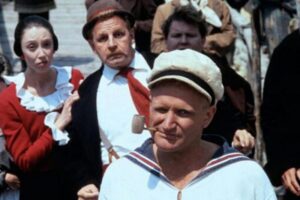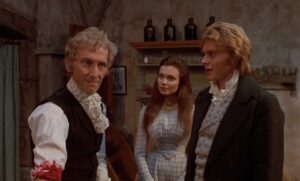Directed by John Berry
Written by Lester Pine and Tina Pine
Starring:
- Diahann Carroll as Claudine Price
- James Earl Jones as Rupert “Roop” Marshall
- Lawrence Hilton-Jacobs as Charles
- Tamu Blackwell as Charlene
- David Krüger as Paul
Rating: ![]()
Though John Berry’s Claudine pulses with a sanguine, infectious warmth, its buoyant tone never dilutes the gravity of the circumstances it depicts. Rooted in a compassionate and emotionally generous register, this romantic comedy brims with genuine affection, yet its setting—a world of structural inequality and social precarity—imbues its characters with a justifiable anger. The result is a film that honors the conventions of the genre without succumbing to its platitudes, distinguished instead by a deeply ethnocultural lens and a quiet, persistent humanism that feels neither trite nor opportunistic.
Diahann Carroll stars as Claudine, a working-class Black mother of six living in Harlem. Devoted, exhausted, and undaunted, she navigates a life structured by invisible forces—poverty, surveillance, and institutional neglect. Her existence is one of ceaseless effort: working, feeding, protecting, and loving. Then enters Rupert (James Earl Jones), a garbage collector with wit, charm, and a wry tenderness. Their romance blooms quickly, and talk of marriage soon follows. But no dream here arrives untroubled. Their love is constantly interrupted by systemic pressures—most notably, a welfare apparatus that polices and penalizes Claudine’s attempts at stability. What begins as a love story becomes an indictment—not just of the welfare state, but of a society that renders Black life precarious and invisible.
Berry’s empathy for his characters is palpable. Himself a victim of the Cold War blacklist, the director brings a personal understanding of social injustice and quiet resilience to the material. That sensitivity translates into performances of disarming authenticity. Carroll is radiant and nuanced—balancing pride with vulnerability, humor with pain. James Earl Jones, too, offers a performance of astonishing warmth and intelligence. Together, they forge a romantic and emotional partnership that is rich in flaws and yet overflowing with grace. Their love, forged in hardship, feels less like narrative wish-fulfillment than an act of political defiance.
What makes Claudine resonate so deeply is its dual fidelity to realism and hope. The film is never naive about the forces arrayed against its characters, but neither does it surrender to cynicism. Its humor, its joy, even its music (a vibrant, Motown-infused score by Curtis Mayfield and Gladys Knight & the Pips) all serve to animate, rather than anesthetize, the film’s social critique. The result is a work that uplifts not by evading pain, but by locating resilience within it.
Claudine and Rupert are not romanticized symbols; they are fully human—imperfect, burdened, occasionally exasperated, yet never devoid of love. Their bond is one of mutual recognition, built on shared struggle and defiant tenderness. In a world that denies them privacy, dignity, and peace, they create a space of intimacy and solidarity. That in itself becomes the film’s quietly radical proposition: that love, even under duress, can still be a site of resistance and renewal.
Claudine is ultimately more than a romantic comedy, more than a social drama. It is a testament to lives lived with dignity amid systemic neglect. It insists on the value of ordinary people and restores moral clarity to the idea of citizenship—not as a matter of economic status, but of character, care, and communal strength. In portraying one woman’s struggle and the love that sustains her, the film affirms that it is the human spirit—not policy or privilege—that defines a life well lived.

